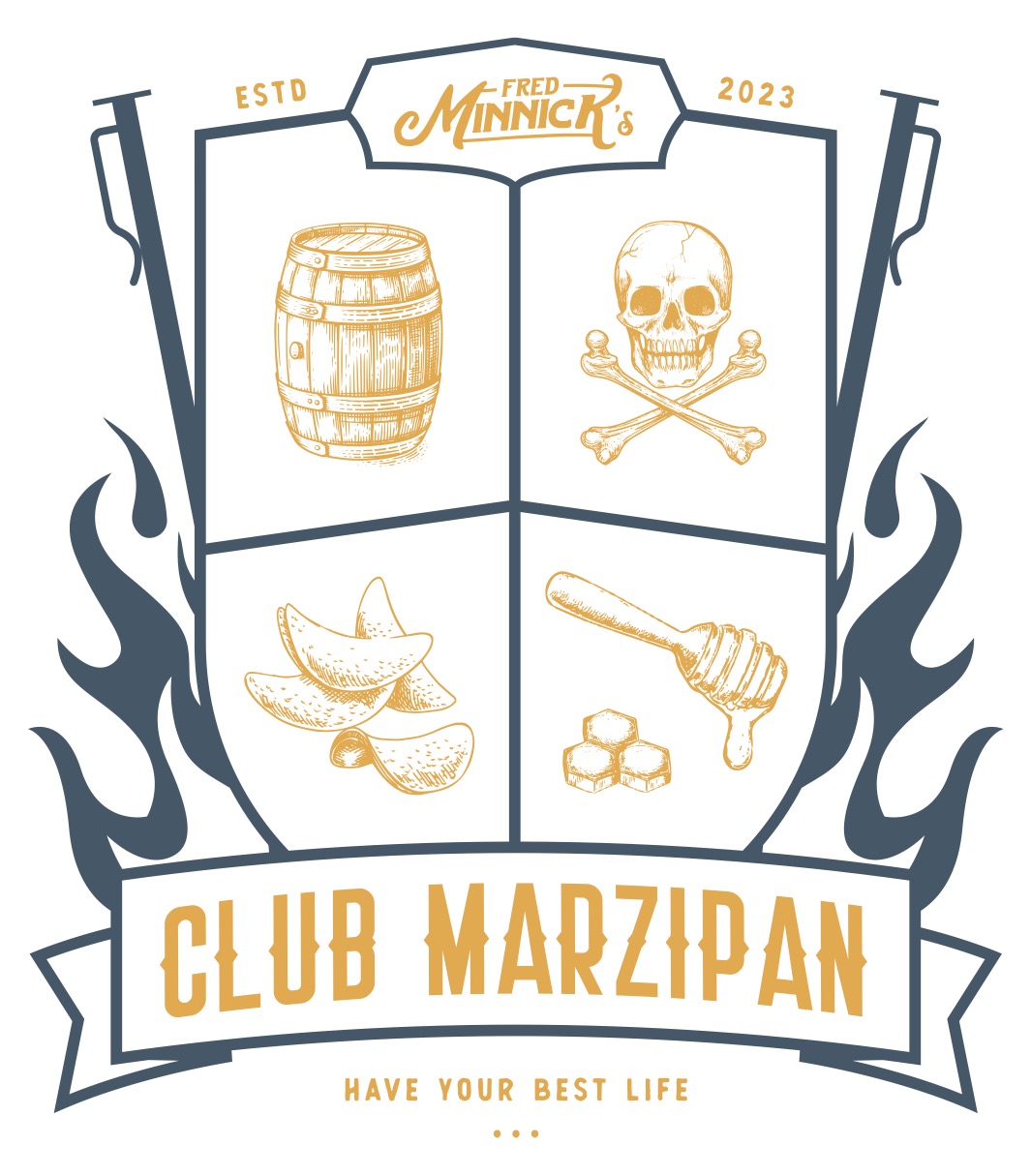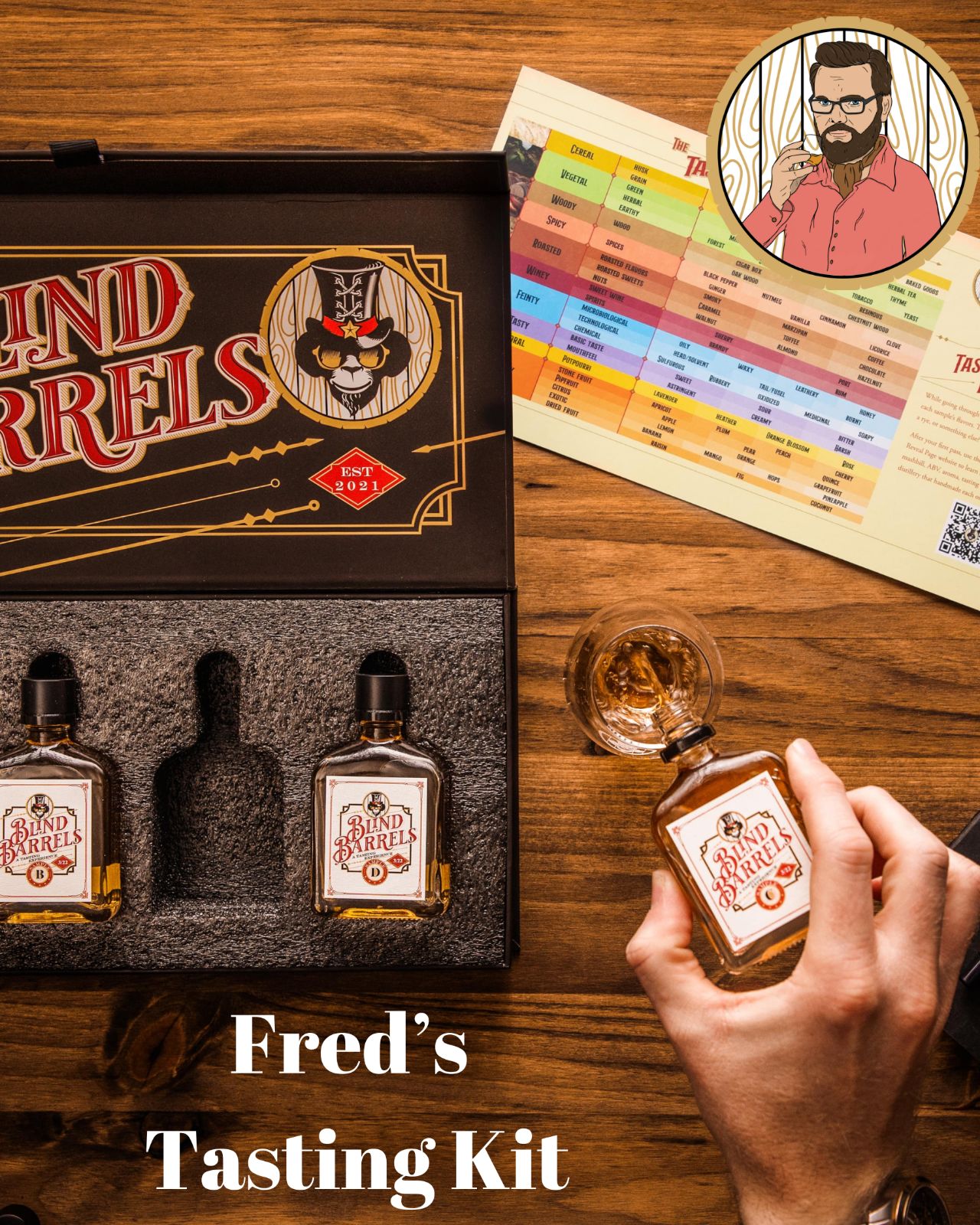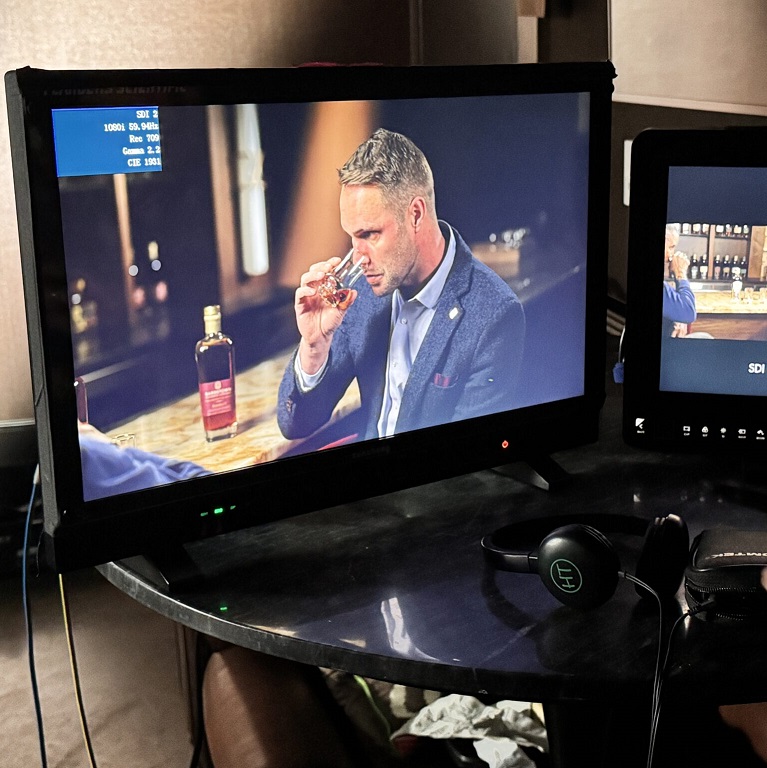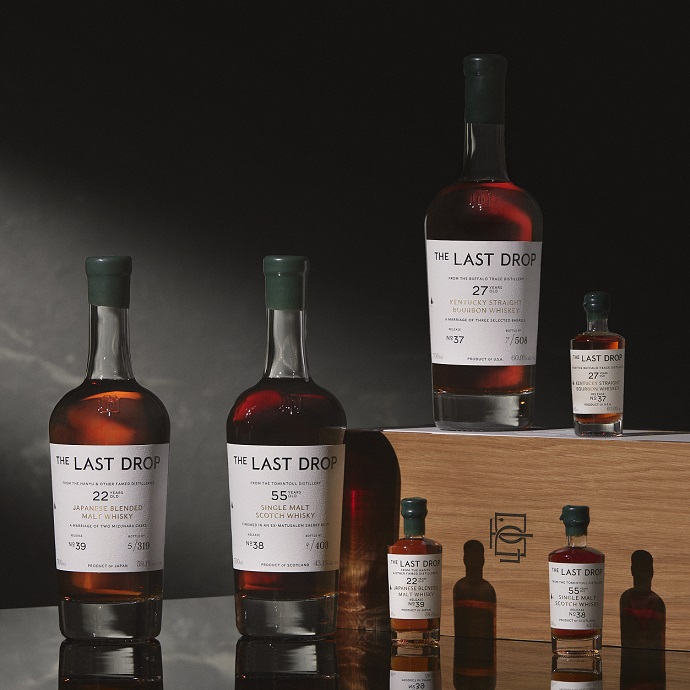Why Editors Should Fact Check Whiskey Stories
My first bourbon story appeared in Successful Meetings in 2007. My first big bourbon interview was with Ed O’Daniel, then-president of the Kentucky Distillers Association. It started my career in the right direction.
I’m proud that I didn’t make too many boneheaded bourbon errors. But, in some other early writings, I took marketing myths hook, line and sinker and believed the unbelievable legends. But, I learned from my colleagues and studied the spirit I dearly love.
So, I’m a little more forgiving than many of my colleagues when it comes to factual errors in the mainstream media.
When the New York Times spelled Scotch whisky with an “e,” the famous newspaper was inundated with letters and emails for the misspelling. And when magazines or bloggers say bourbon must be two-years-old or can only be made in Kentucky, whiskey lovers jeer them on Twitter.
Although many blogs and newspaper articles inundate the Web with incorrect whiskey definitions, I encourage editors to seek the original government sources for fact checking vs. a blog or Wikepedia. And furthermore, despite how confident the handle-barred mustache bartender sounds, he may not always be right either.
Whiskey is becoming so popular that editors should judge whiskey words more like wine writing.
Although they are fewer, wine editors remain employed by newspapers and magazines. And the mainstream editors fact check wine stories harder than whiskey; take my 2009 Bankrate.com article on value wines, for example, where my editor filled my inbox with questions: “Am I correct then in understanding that there is no ‘Bordeaux’ grape? That all Bordeaux’s are blends …. and yet they can be reds or whites?”
Yet, in whiskey, editors let many errors pass without asking a question. They’ll misspell the origin’s whisk(e)y and refuse to capitalize bourbon, saying such spelling would be marketing for the spirit. Last time I checked, bourbon was declared America’s spirit in 1964. We capitalize the Declaration of Independence. Why can’t editors capitalize our cherished national spirit? I’ve lost the bourbon capitalization point so many times that I just gave up.
Inevitably, when I work with mainstream editors, I spend as much time educating their inquisitive minds on the product as I do implementing their edits. I love this part of my job, and I hope I’ve educated a few.
But, with whiskey’s growth, features and newspaper editors must take a proactive approach in understanding the grammatical, factual and historic nuances of whiskey and whisky. This category means something to its enthusiasts. We read about the history and expect to learn or at least not be misled by poorly written stories.
I encourage editors of every level to buy respected, well-reviewed spirits books as a desk reference. If you have the Food Lover’s Companion to fact check “foie gras” or Robert Parker wine books to compare Bordeaux’s AOCs, why not add a whiskey book to your collection?
It’s time we treat whiskey like food and wine, where good writing prevails and errors are not tolerated. In the end, a whiskey error equals a lost whiskey reader.








